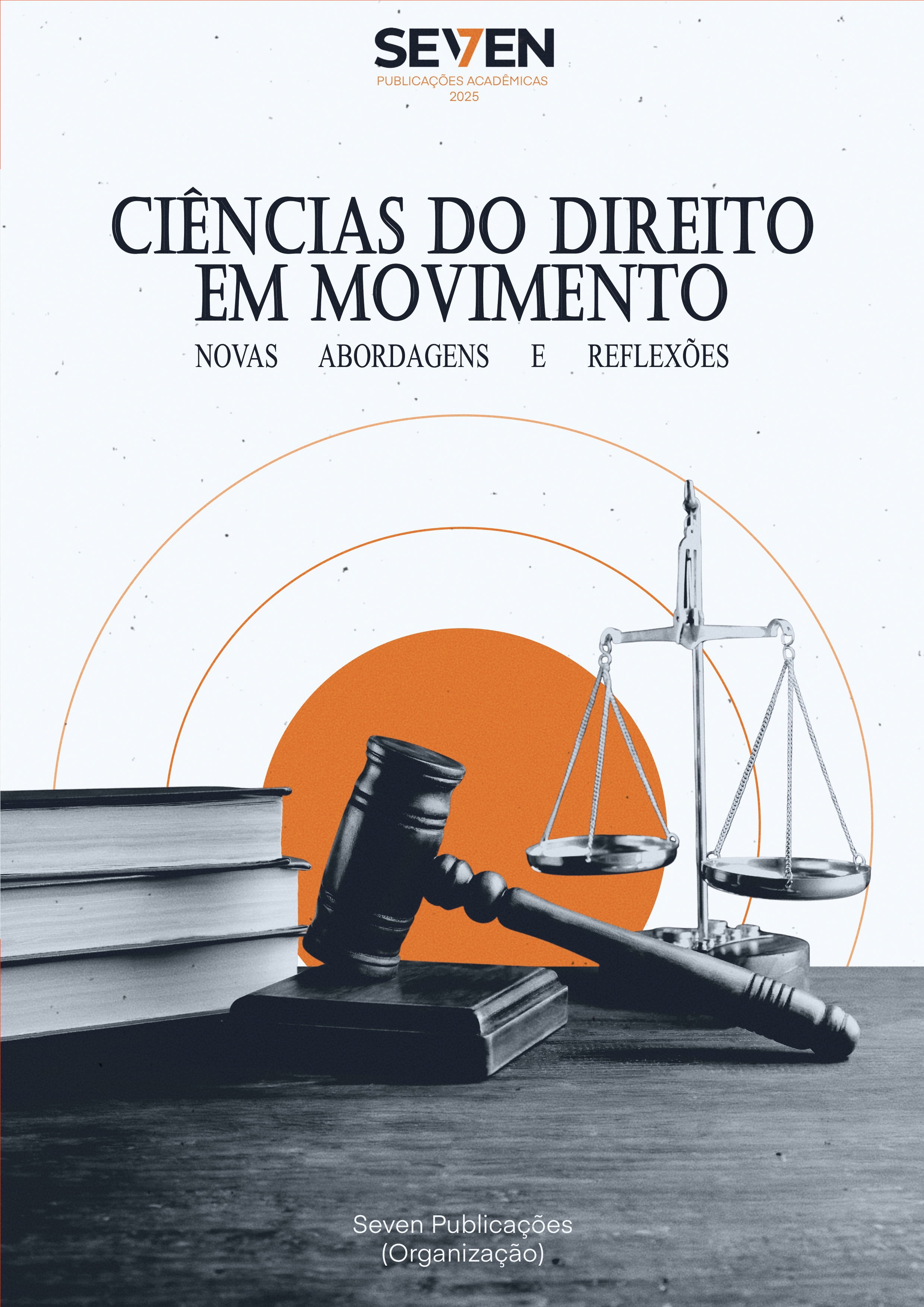ACTIVE CITIZENSHIP AND ACCESS TO JUSTICE: THE CENTRALITY OF THE PUBLIC DEFENDER'S OFFICE IN THE RULE OF LAW
Keywords:
Citizenship, Civil Rights, Public Defender, Access to Justice, Democratic Rule of LawAbstract
This article analyzes the importance of the Public Defender's Office as a fundamental instrument for realizing citizenship and access to justice within the context of the Brazilian Democratic Rule of Law. The theme is based on the observation that, although the 1988 Federal Constitution recognizes citizenship as a foundation of the State, large segments of the population still face legal and social exclusion, especially regarding the guarantee of basic civil rights. The problematization revolves around the persistent structural inequality in access to justice in Brazil, particularly given the lack of adequate installation and structure of State Public Defender's Offices in several Brazilian districts. Added to this is the significant shortage of Public Defenders. This situation compromises the effectiveness of the fundamental rights enshrined in the Federal Constitution. Thus, the main objective of this article is to demonstrate how the Public Defender's Office represents an essential mechanism for realizing citizenship by enabling access to fundamental rights for vulnerable populations. The research methodology is qualitative and quantitative, combining bibliographic analysis with empirical data extracted from the National Public Defender's Office Survey (2025), allowing for an integrated approach between theoretical reflection and institutional reality. The theoretical framework adopts Marshall's (1963) tripartite conception of citizenship—civil, political, and social—and examines its historical evolution in Brazil, marked by exclusion and structural inequalities inherited from the colonial and slavery periods. Among the main findings, it is noteworthy that the lack of access to justice implies a denial of citizenship itself and highlights failures in compliance with constitutional norms. Ultimately, the conclusion is that the full and effective performance of the Public Defender's Office is indispensable for the consolidation of citizenship in Brazil, and that its presence and structure must be expanded nationwide to ensure the principle of equality and social justice.
Downloads
Published
Issue
Section
License

This work is licensed under a Creative Commons Attribution-NonCommercial 4.0 International License.





